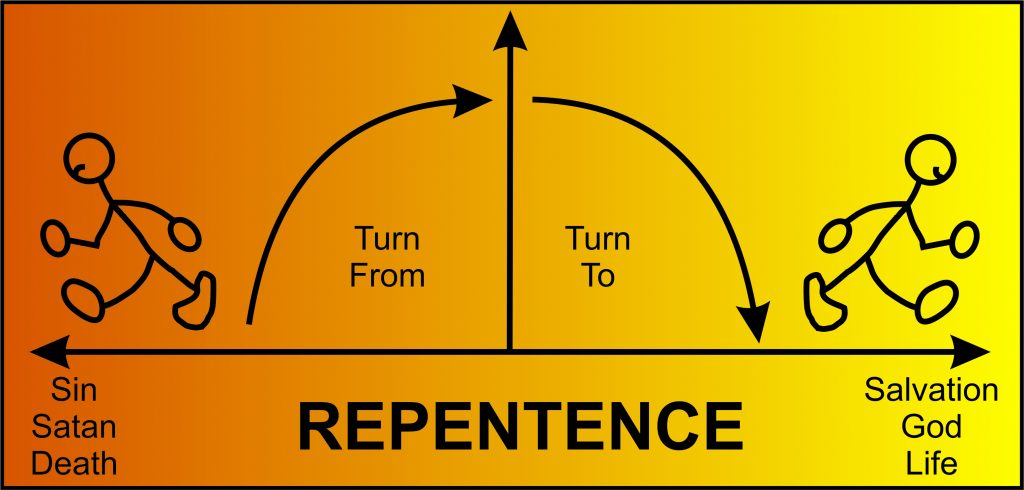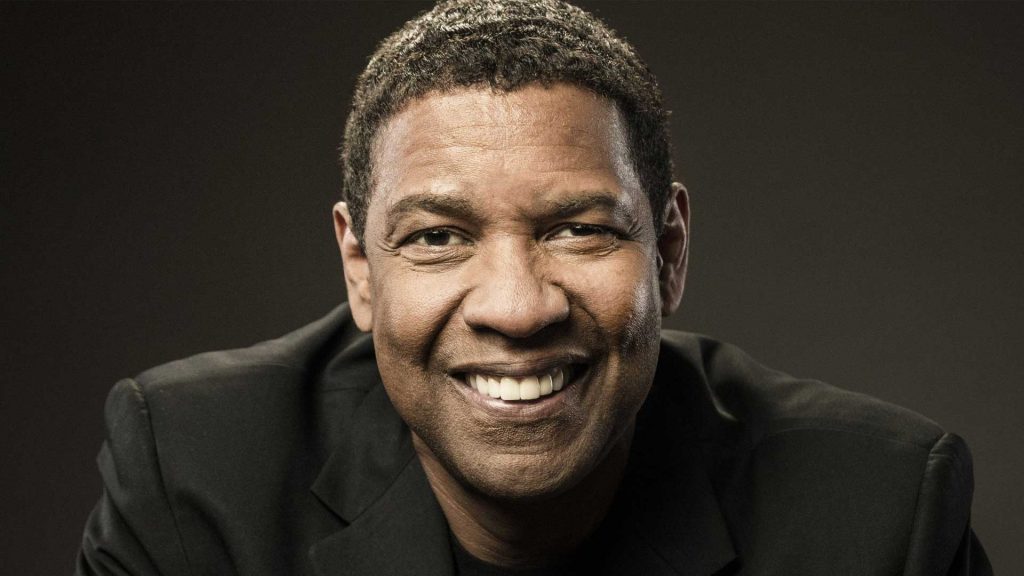
Mass Readings for the 3rd Sunday of Advent:
Zephaniah 3.14-18a Isaiah 12.2-6 Philippians 4.4-7 Luke 3.10-18
They told me at seminary (my first time through), “Faith cannot be inherited.” It’s the idea that there is nothing special about the dirt under our feet or the section of sky over our heads that will lead our children and grandchildren to have the same values, ideals and sense of right and wrong as we do simply by virtue of living in the same place; it’s not a matter of genetics or “bloodlines” either; and they will not have the same hope that animates us if we trust in some kind of evangelization by osmosis. We have to teach the faith by word and example; we have to preach it with sincerity and live it with authenticity. We have to push back against lies about it, and fend off those who would steal our loved ones away with the false gospels of modernism, materialism and secularism just as you would act against a sexual predator or a drug pusher.
I’d have to say, from my experience, my personal experience, what we’ve seen as a Christian community spread across the many denominations of mainline Protestantism and in the Catholic Church is a failure of confidence in the gospel, in the revealed moral truths of our faith that led to many simply being silent and reluctant to act in the face of massive changes in society that have overturned Christian morality. We’ve watched as now several generations have abandoned the way of salvation and headed down another road – a road surely paved with good intentions, good feelings, comforting falsehoods, seductive lies.
When we read today’s gospel, we hear a frankly disturbing conversation John the Baptist has with the crowds. For all the great legacy bequeathed to Israel from Moses down through the prophets, of having been a community given God’s wisdom in the Torah, we are witness to a community that appears effectively ignorant of their heritage.
Consider how the crowd responded to John’s call to repentance. They understand that their world is not as they would have it. They aren’t happy. These are not good times. They want a solution, an answer to the problem; and John, by the power of his preaching, by the authority he so apparently possesses as he captures the crowds with his words, gives it to them: repent!
It’s pretty straightforward, uncomplicated. Repent.
What is disturbing is that no one knows what that actually means; they are sincerely lost in how to respond. They ask, “what should we do?”
Repent, and you may have heard this before, is literally “to turn back” or “to turn around.” The Hebrew word is shuv. And that is translated in our Bibles as “turn back” or “return” or, indeed “repent” and that is a call to return to right relationship with God.

In the New Testament which was written in Greek, the word closest to the sense of the Hebrew is the Greek word, metamellomai; and in those passages concerning John the Baptist, its translated as “repent” but this word also carries the meaning “to regret.” So, we have some added texture to the concept of repentance – a sense of being sorry, what we Catholics refer to as contrition. In Hebrew, that idea would be communicated in the word nacham which is also found in the Hebrew scriptures.
We know John the Baptist isn’t speaking Greek, he speaks Aramaic which incorporates a lot of Hebrew, and so the crowds in today’s story hear shuv.
They hear it, but can make no sense of it, because they’ve forgotten God’s way; their moral compass is missing – they don’t know which way to turn, and when to stop turning. They follow some of the rules and regulations of Judaism, but not all of them; and tote them up like their doing their accounts and figure if they can just stay in the black, have it all add up to even a modest surplus, well then, on that score they’re good.
We encounter that thinking among a lot people today – “Hey Father, it’s not like I’ve killed anybody.”
If I were to shout “repent” at a crowd of Canadians, they would know the word, but not really grasp the message behind it. Turn back? What do you mean? Today some would likely laugh at what is a rather antique bit of vocabulary that is associated religion, and for many that is something strange, even eccentric. Yet we know from reading and listening to what can be found both in the legacy media, social media, from talk in the barber chair, people have a strong sense that things are not at all well today; that we are headed in a bad direction, that our leadership, political, cultural and religious, seems distant and disconnected, many pursuing a divisive social and political agenda.
Call today for people to repent, even among those who understand and respect what that is asking of us, and many can’t say what that means in concrete terms.
What John told the crowd two thousand years ago should give us pause. What repentance entails he says is obeying God’s law, and he then cites some examples: if you’ve got two coats and someone hasn’t one, share; same with food, make sure no one is starving. This is to say, “look after each other.” To those who have some minor authority over others he says, don’t take advantage of that. Tax collectors, don’t overcharge; soldiers, don’t extort money from people with threats of arrest.
One has to think, “Really?! These people have to be told to be honest and decent and kind? They don’t know to do this already?”
Well, some of this can be put down to the failure of the religious leadership whose job it was, and still is, to give moral instruction. In the gospels, we hear Jesus criticizing themfor being caught up with the minutiae of the Torah, the regulations of diet and of tithing, and losing the big picture sense of what the faith is about. It’s about relationship with God, living in and through truth and love as the key to a fulfilling life here that will open up into an eternal existence with God.
Failure to lead can also be assigned to the secular rulers: the governors, the princes and kings. They certainly aren’t telling the people that there is a need to renew the covenant with God. Instead, they quietly suggest that problem is these darn Romans. Some offer to be the mediator between the people and the empire so as to carve out a little more autonomy – the appeal is to “trust us” to do what is politically possible even if it is far from ideal, far from what the people desire. Yet others talk of revolt, rebellion, revolution. The Zealots, that violent political faction that in the early years of the Church would lead the Jewish people into a disastrous rebellion, they are an example of the thinking that what will solve all our problems is a matter of radical political change, revolutionary control of public policy.
We can see a that today in our current civilizational crisis, the old-line political parties increasingly appear feckless, but continue to offer leadership in the presumption that the problems are beyond the comprehension of the little people, and really beyond resolution, but that they are nonetheless the best option. Then you have the bomb-throwers in the street, the revolutionaries who set fire to the downtowns of our cities in the name of justice.
The 20th century gave us more than enough examples of what revolution results in: not paradise, but hell on earth.
The solution is not, as the Bible tells us, to trust in princes; nor is it found in revolution and the tearing down of all that we have built. Rather, it is in repentance.
Our moral failings today tend not to be in lack of material charity. I’ve said before, we have food programs, and outreach that puts winter coats on people. They’re not perfect, but no one needs reminding of our Christian duty in that regard—we ‘get’ it. Yet, we are a still a wealthy society, and it costs us little to do this sort of thing.
However, our other moral failings are ignored, overlooked, rationalized – and we see today the consequences in the effective dissolution in the law of the family; the failure to protect the sanctity of human life; the prioritizing of the self over relationship.
With regard to that last item, I read an excellent observation by the actor Denzel Washington. And I know last week I said to be wary of celebrities offering their opinions, but he really is exceptional as someone who offers his thoughts in humility, and with evident thoughtfulness; and from a faith perspective. He said in a recent interview in The New York Times,
“The enemy is the inner me,” he said. The Bible says in the last days we’ll be lovers of ourselves. The No. 1 photograph is now the selfie, ‘Oh, me at the protest.’ ‘Me with the fire.’ ‘Follow me.’ ‘Listen to me.’ We’re living in a time when people are willing to do anything to get followed. What is the long-term or short-term effect of too much information? It’s going fast and can be manipulated in a myriad of ways. And people are led like lambs to the slaughter.”

Self-concern is an acid that eats away at everything. Jesus speaks about throughout the gospels.
We are called to repentance. And Advent is surely to be a season of repentance. But rather than have that a somber thing, a depressing prospect, we should, as is appropriate for the third Sunday, rejoice.
Rejoice because here is the answer, the solution. And we ought to greet that as we would the birth of a child, the coming into the world of the possibility that arrives with every child. And with this child, born to us, and hopefully reborn within us, we have renewed possibilities. We have as a community of faith the great spiritual warrior in our midst who gives victory, Christ the Saviour. And so, as we look about at the damage, the wreckage of, not just the last two years, but of generations of assaults on the faith, decades of misguided concessions to the evils of this world, we know that as we nurture the faith within us by attentiveness to God’s Holy Word and the Sacraments, we need not fear disaster anymore.
As Isaiah tells us, “Do not fear, O Zion, do not let your hands grow weak.”
Rather lift them up in rejoicing over the God who exults over us; who came modestly as child to bring us all up into the full stature of Christ; who by our trust in his saving power takes away judgement against us, turns away our enemies, and renews us in his love.
Amen.